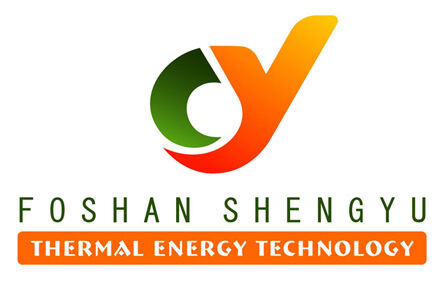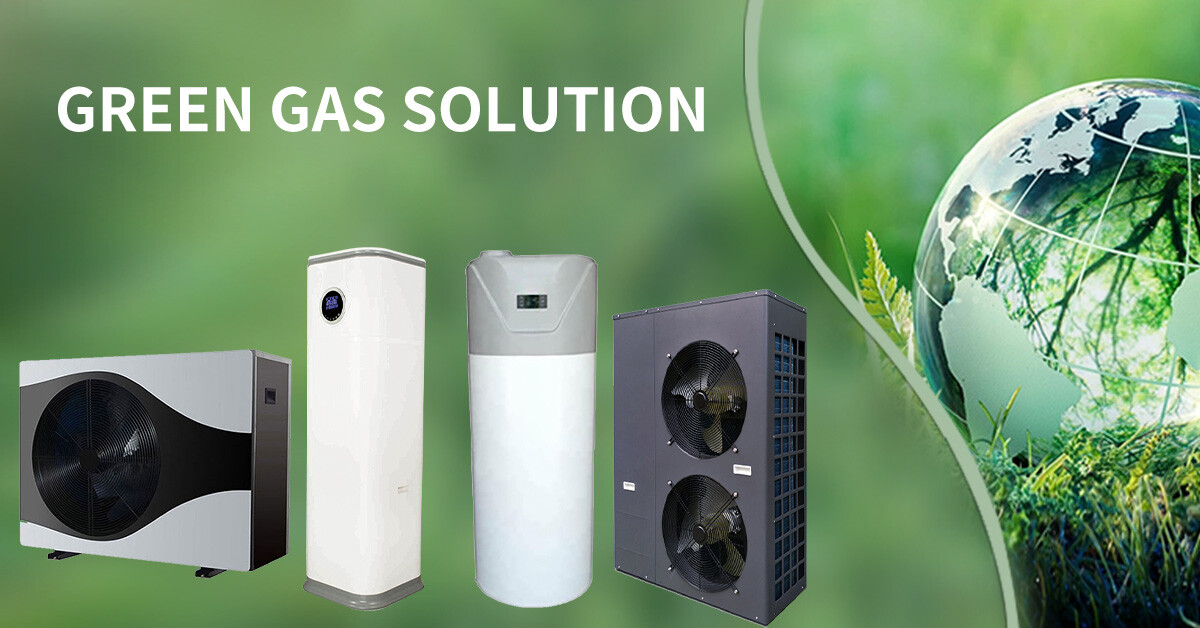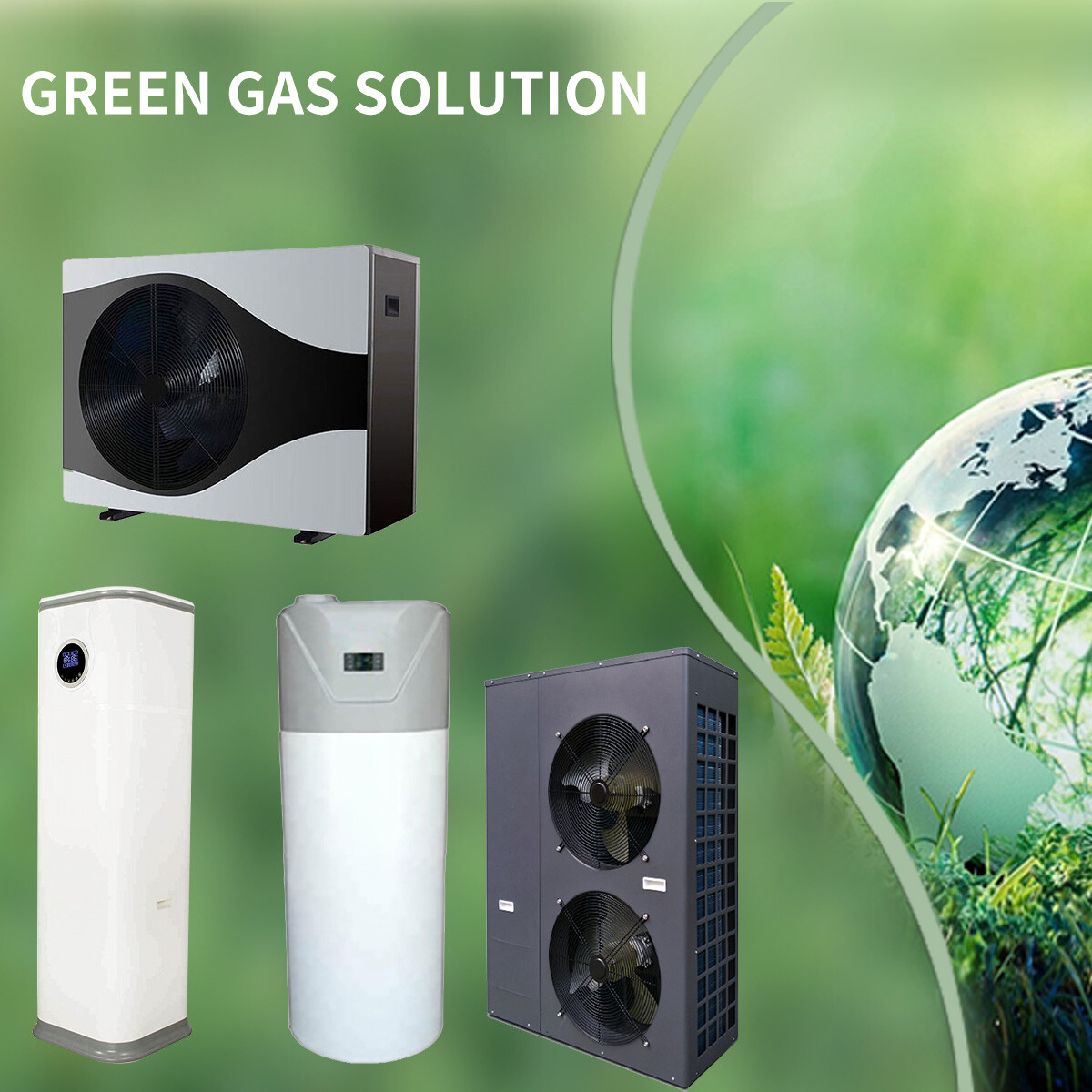
About Us

Systems for heating and cooling have evolved into necessities for any area. Heat pumps are therefore a rather popular kind of machinery that satisfies this need. There are many different kinds of heat pumps, and inverter heat pumps are one of the best.
Installing inverter heat pumps may be necessary for a variety of reasons, the main one being energy savings. This tutorial is the finest option if you need to learn more about one and are going to have one placed at your location. Let's read on down below.
Inverter Heat Pump At a Glance
As the name implies, an inverter heat pump is a kind of heat pump that runs on inverter technology. It is advantageous because of the inverter technology built into it, which saves energy.
The temperature of a space is controlled by an inverter heat pump. It controls the speed of the compressor, which modifies the flow of refrigerant to provide heating or cooling.
The heat pump only regulates the motor speed, which aids in temperature maintenance, rather than turning on and off regularly.
How Does an Inverter Heat Pump Work?
Regular heat pumps and inverter heat pumps are essentially the same. They employ a refrigerant to facilitate the transmission of heat from interior to outdoor areas.
The inverter heat pump helps the heat from the outside settle inside while it is being utilised for heating. In cooling mode, it takes in all the heat from the interior and discharges it outside.
The technology used in inverter heat pumps controls the compressor motor and aids in the current changes. These adjustments enable the inverter heat pump to operate at different speeds as required.
Instead of shutting down when the temperature in space reaches a certain point, the compressor just slows down and keeps it there all the time. Efficiency is ensured by this type of temperature maintenance, and the power is automatically changed to match the space's temperature requirements.
On/Off Heat Pumps Vs. Inverter Heat Pumps: Main Difference
The internal construction is the primary distinction between on/off heat pumps and inverter heat pumps. The control and operation mechanism of the compressor is what sets them apart.
The on/off heat pumps run at a fixed speed and at maximum capacity. They even turn off and restart when they hit a certain temperature. These heat pumps have low efficiency because they are more prone to variations.
Conversely, inverter technology is used to make inverter heat pumps. It is in charge of controlling the compressor speed modulation. As a result, there is no possibility of temperature fluctuation because the compressor is kept at a constant temperature and is not turned on and off.
Pros and Cons of Invert Heat Pump
Pros:
● An inverter heat pump offers a number of advantages, some of which are listed below:
● Energy is saved by adjusting the inverter heat pump's speed based on the situation.
● The compressor of an inverter heat pump runs at a low speed and produces minimal noise, helping to prevent temperature swings and maintain a steady indoor temperature.
● The inverter heat pumps do not vary or repeatedly shut down, keeping them free from wear and tear. In addition, it does not turn on and off frequently, making noise. This extends the life of the object and lowers maintenance costs.
● Although purchasing an inverter heat pump is costly, over time it saves money by requiring less maintenance.
● Because the inverter heat pump uses less energy, less hazardous emissions are released into the atmosphere.
Cons:
Alongside advantages, there are some limitations as well, which should be kept in mind when it comes to inverter heat pumps; these limitations are as follows:
● The cost of inverter heat pumps is high compared.
● They are also very complex in terms of their technology and hence need specialized maintenance and repair.
● During the extreme cold weather, they might offer reduced efficiency.
● They are sensitive to fluctuations and power surges and may get damaged
Pros and Cons of On/Off Heat Pump
Pros:
The on/off heat pumps have some pros, which are listed below:
● The on/off heat pumps are affordable and don’t cost a fortune to invest initially.
● They have simple technology and are very easy to repair and maintain.
● The lifespan of these pumps is longer, and they have a technology that has been used for years, which makes them compatible.
Cons:
The on/off heat pumps have some downsides; some of these are:
● The on-off heat pumps work at full capacity when turned on, which results in high electricity consumption and low efficiency.
● The on-off heat pump turns on and off constantly, which results in fluctuation in the temperature of the indoor space.
● The on-off heat pump is noisy, and it is produced by the constant turning on and off of the compressor.
● The on-and-off heat pump turns on and off again and again, which reduces its lifespan and results in more maintenance requirements.
● The on-off heat pump, lack of energy efficiency, and high operating costs lead to an increase in the overall cost throughout its life.
● The on-off heat pump consumes a high amount of energy and leaves behind a larger carbon footprint.
Uses of Inverter Heat Pump
There are multiple applications of an inverter heat pump, and some of these are as follows:
· You can regulate the temperature of your entire home with these inverter heat pumps for household heating and cooling. When the heating and cooling systems are properly controlled, they provide energy efficiency and assist households in achieving energy savings.
· Inverter heat pumps also benefit several business buildings in a number of ways. Inverter heat pumps are highly useful in data centres and associated locations where continuous temperature maintenance is required. They also help to save energy costs and guarantee that a consistent temperature is maintained, improving the comfort of those who work and visit there.
· Inverter heat pumps are cost-effective options for heating water in a variety of home and commercial settings.
Conclusion:
This guide offers a lot of information on the inverter heat pump and everything about it. So, if you are planning to install one, you must check out the Foshan Shengyu Thermal Energy Technologies inverter heat pumps.
These are offered in a massive variety to suit your application requirements and are also highly durable and affordable.
Chat Online









